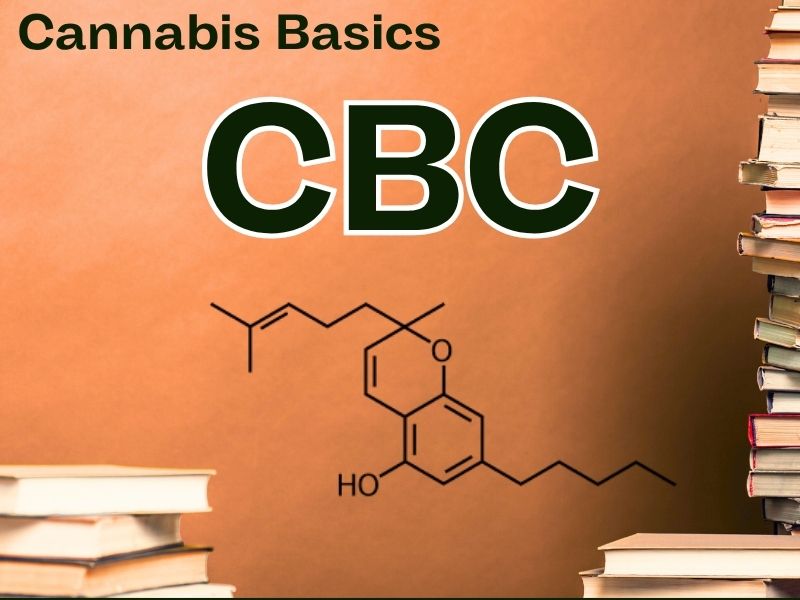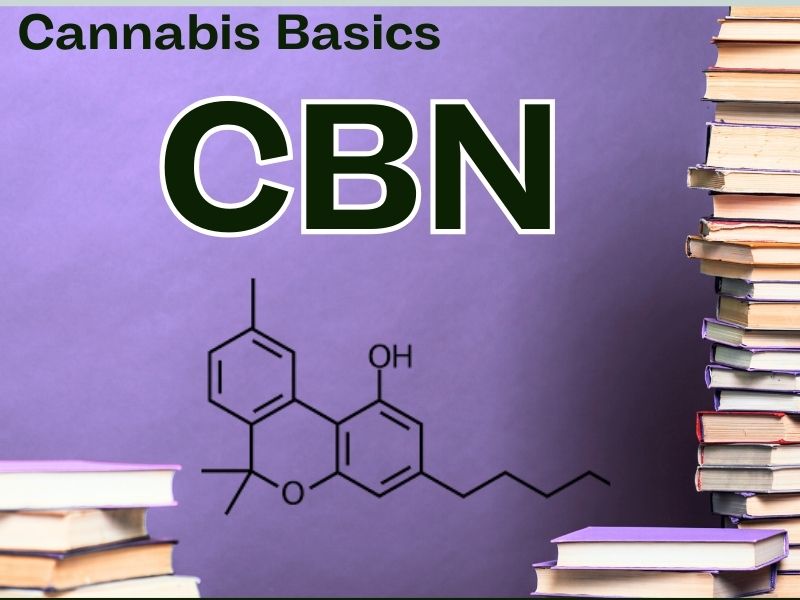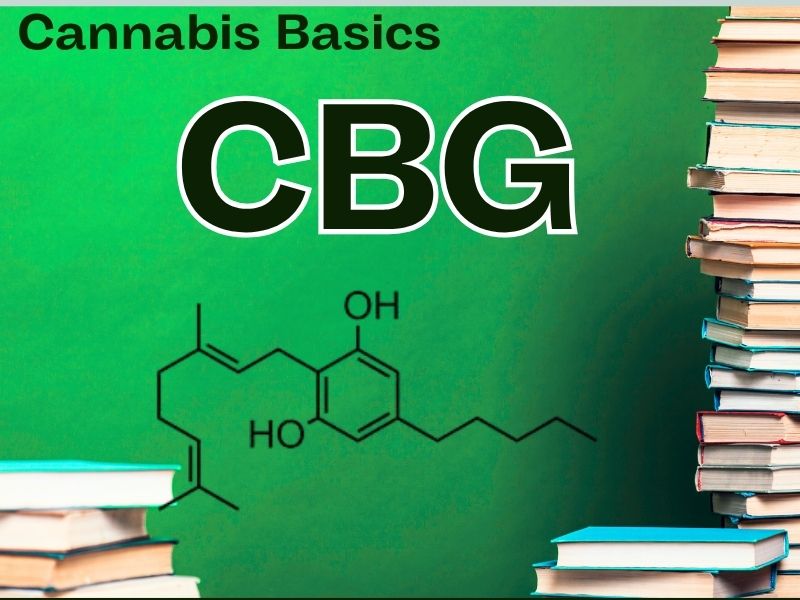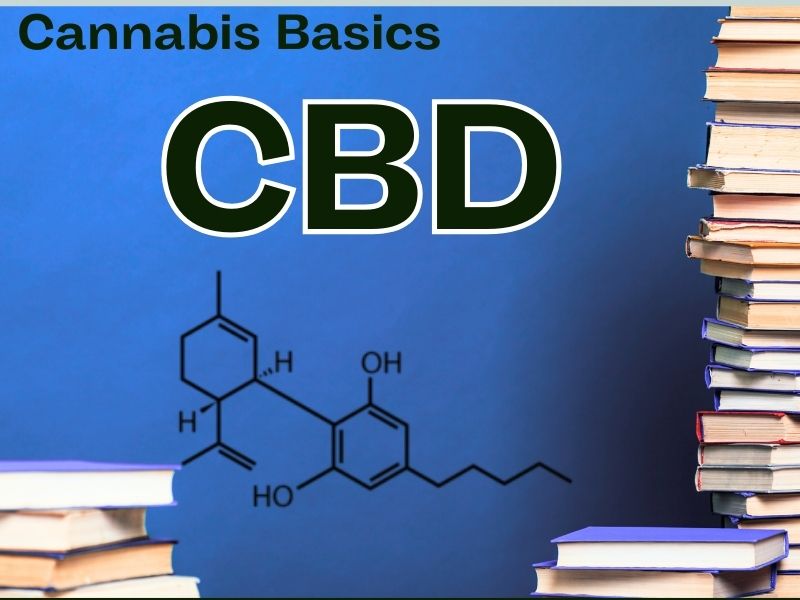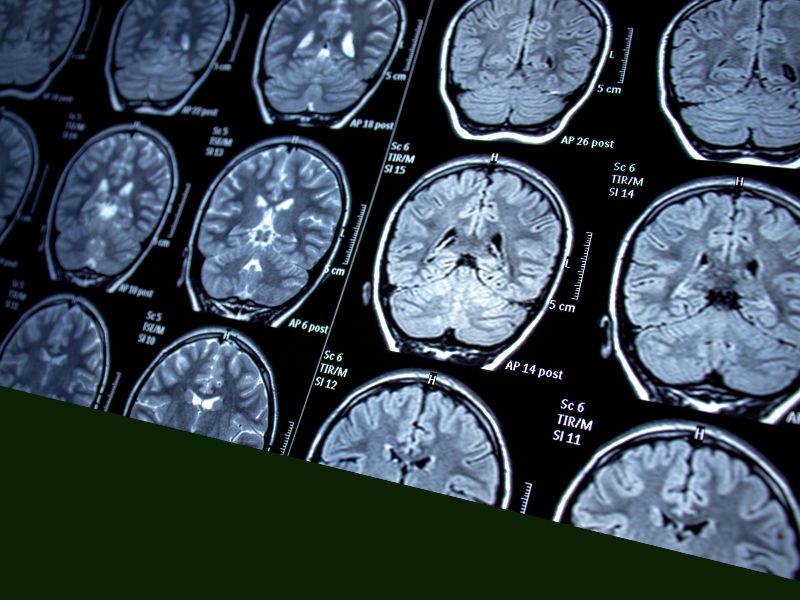Cannabichromene (CBC): The Promising Cannabinoid for Depression, Neurogenesis, and Beyond
Among the many cannabinoids present in cannabis, Cannabichromene (CBC) has recently emerged as a compelling compound with significant therapeutic potential. Although CBC is one of the most abundant cannabinoids in the plant after THC and CBD, it has remained largely overshadowed until recent years. Now, scientists and healthcare practitioners alike are turning their attention to CBC due to its promising effects on mood regulation, inflammation, and neurogenesis.
CBC was first discovered in 1966, yet only recently have researchers begun thoroughly investigating its unique benefits. Like many other cannabinoids, CBC originates from the parent molecule cannabigerolic acid (CBGA). Enzymes within the cannabis plant convert CBGA into cannabichromenic acid (CBCA), which upon exposure to heat or ultraviolet light, transforms into the active form of CBC.
Unlike THC, CBC does not bind strongly to the CB1 and CB2 cannabinoid receptors; instead, it exerts its effects by interacting indirectly through other receptor systems. Notably, CBC binds to transient receptor potential channels (TRPV1 and TRPA1), playing an essential role in inflammation and pain perception. Additionally, CBC appears to modulate the endocannabinoid system by enhancing levels of anandamide, a crucial neurotransmitter associated with mood regulation and feelings of happiness.
This unique interaction with anandamide is especially significant regarding CBC’s impact on depression and mental health. Clinicians in recent years have reported positive outcomes using CBC-rich formulations to manage symptoms of depression and anxiety. Anecdotal evidence from clinical practice suggests that patients experiencing depressive symptoms report improved mood and emotional balance when incorporating CBC into their treatment plans.

Scientific research supports these clinical observations. A pivotal 2010 study demonstrated CBC’s potential antidepressant properties by showing that CBC promoted the survival and regeneration of brain cells—a process known as neurogenesis—in the hippocampus, a region critically involved in mood regulation and memory formation. Neurogenesis impairment has been consistently linked with depression, and substances that can stimulate new neuron growth are viewed as promising antidepressant therapies. By promoting this regeneration, CBC may offer therapeutic benefits for patients dealing with depression, anxiety, and other mood-related disorders.
Further support comes from a 2013 study published in the Journal of Pharmacology and Experimental Therapeutics, which highlighted CBC’s ability to enhance anandamide activity significantly. This increase in anandamide, often called the “bliss molecule,” provides a plausible biological mechanism through which CBC can exert antidepressant and anxiolytic effects. Researchers noted improved mood, reduced anxiety, and overall emotional resilience with increased levels of anandamide.
Aside from its impressive effects on mood and depression, CBC shows significant promise in managing inflammatory conditions. Numerous preclinical studies suggest CBC effectively reduces inflammation, making it potentially beneficial for conditions like arthritis, inflammatory bowel diseases, and other chronic inflammatory disorders. Its anti-inflammatory properties are primarily attributed to its interaction with the TRPV1 and TRPA1 channels, which regulate inflammatory responses.
CBC’s neuroprotective capabilities are equally compelling. Research published in the British Journal of Pharmacology indicated that CBC reduces neuroinflammation and oxidative stress, both critical factors in neurodegenerative diseases such as Alzheimer’s and Parkinson’s. By mitigating inflammation and oxidative damage, CBC could play a role in slowing disease progression or improving quality of life for affected individuals.

Skin health also stands to benefit significantly from CBC’s therapeutic potential. Recent studies have demonstrated CBC’s efficacy in reducing acne and supporting skin regeneration. Its anti-inflammatory properties help soothe irritated skin, while its ability to regulate sebum production helps prevent acne breakouts. As a result, dermatologists and skincare experts are increasingly recognizing CBC as a promising ingredient in topical formulations.
Pain management is another promising area of CBC research. Studies indicate CBC might enhance pain-relieving effects when combined with other cannabinoids like THC or CBD, exemplifying the well-known “entourage effect.” By modulating pain perception and reducing inflammation simultaneously, CBC offers a dual benefit that could significantly improve pain relief strategies.
Safety-wise, CBC is generally well-tolerated and lacks the intoxicating effects associated with THC, making it accessible to a broader patient demographic, including children and older adults. Clinical observations thus far have noted minimal side effects, primarily limited to mild fatigue or gastrointestinal discomfort at higher doses.
Despite the growing body of evidence supporting CBC’s therapeutic value, more extensive human clinical trials are essential to confirm these preliminary findings conclusively. Future research should aim to clarify optimal dosing strategies, long-term safety, and the most effective delivery methods for various conditions.
As interest in minor cannabinoids continues to surge, CBC stands out as particularly intriguing, especially given its notable impact on depression, anxiety, and neurogenesis. Clinicians and patients alike can look forward to CBC potentially becoming a staple in holistic mental health approaches, alongside its broader applications in inflammation, neuroprotection, skin health, and pain management.
With continued investigation, CBC may soon emerge from relative obscurity to play a central role in cannabinoid-based therapies, transforming how we approach treatment for depression, neurodegenerative conditions, and a host of inflammatory diseases. Its ability to promote neurogenesis and mood regulation offers profound implications for addressing some of the most challenging and widespread health conditions today.



